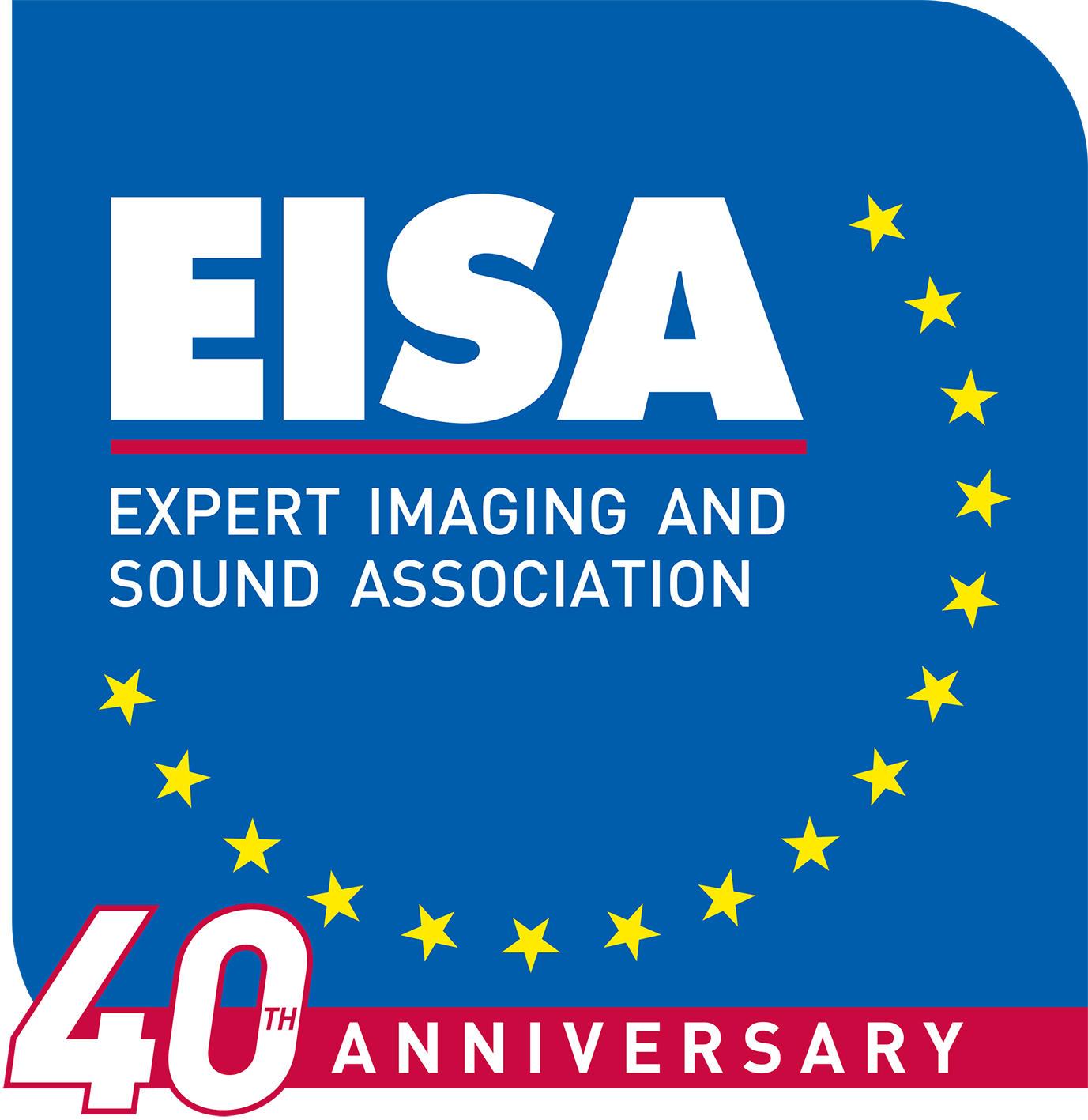|
|
Risultati da 1 a 1 di 1
Discussione: News su DVB-T2
-
08-04-2008, 15:24 #1
 Advanced Member
Advanced Member
- Data registrazione
- May 2007
- Messaggi
- 1.519
News su DVB-T2
A proposito del tanto atteso nuovo standard ... (quello che ha già "reso obsoleti" gli attuali decoder
 )
)
A fine giugno arriverà la prima bozza del nuovo standard.
Attenzione, non lo standard definitivo ma solo una bozza.
La notizia arriva direttamente dal DVB.org cioè dai "padroni" del DVB e qui i dettagli: http://www.dvb.org/technology/dvbt2/
Alcuni punti estratti da quel documento:
"... The DVB Project fully expects DVB-T and DVB-T2 services to co-exist side-by-side for some time to come - and it's clear from the experiences in Australia (DVB-T, MPEG-2 video coding) and France (DVB-T, MPEG-4 video coding) that terrestrial HDTV services are perfectly viable without using DVB-T2. ..."
(... DVB-T e DVB-T2 coesisteranno per un po' di tempo ... ed è chiaro che per usufruire della HDTV è sufficiente il DVB-T...)
"... The transition from analogue to digital services is what DVB-T is designed for. In this timeframe it is neither feasible nor advisable to consider launching services with DVB-T2. The new standard is designed for a post-ASO environment, where DVB-T services are already well-established. Products that implement the DVB-T2 standard are not likely to become widely available until 2010...."
(Il DVB-T è nato per il switch-off. Nel frattempo non è praticabile ne consigliabile utilizzare il DVB-T2. Il nuovo std è nato per il dopo ASO. I prodotti DVB-T2 non saranno disponibili prima del 2010 ...)
"... This means that DVB-T2 should not, in the short to medium term, be considered for the launch of free-to-air multichannel standard definition services targeted at migrating a general population from analogue to digital. DVB-T is ideal for these purposes. ..."
(... questo significa che il DVB-T2 non deve essere considerato per lo switch-off. Per questo l'ideale è il DVB-T ...)
"... DVB-T is THE standard for transitioning from analogue to DTT; and DVB-T2 is the ideal technology to exploit opportunities after ASO. ..."
(DVB-T è lo std per lo switch-off mentre il DVB-T2 è l'ideale per il dopo ASO ..)








